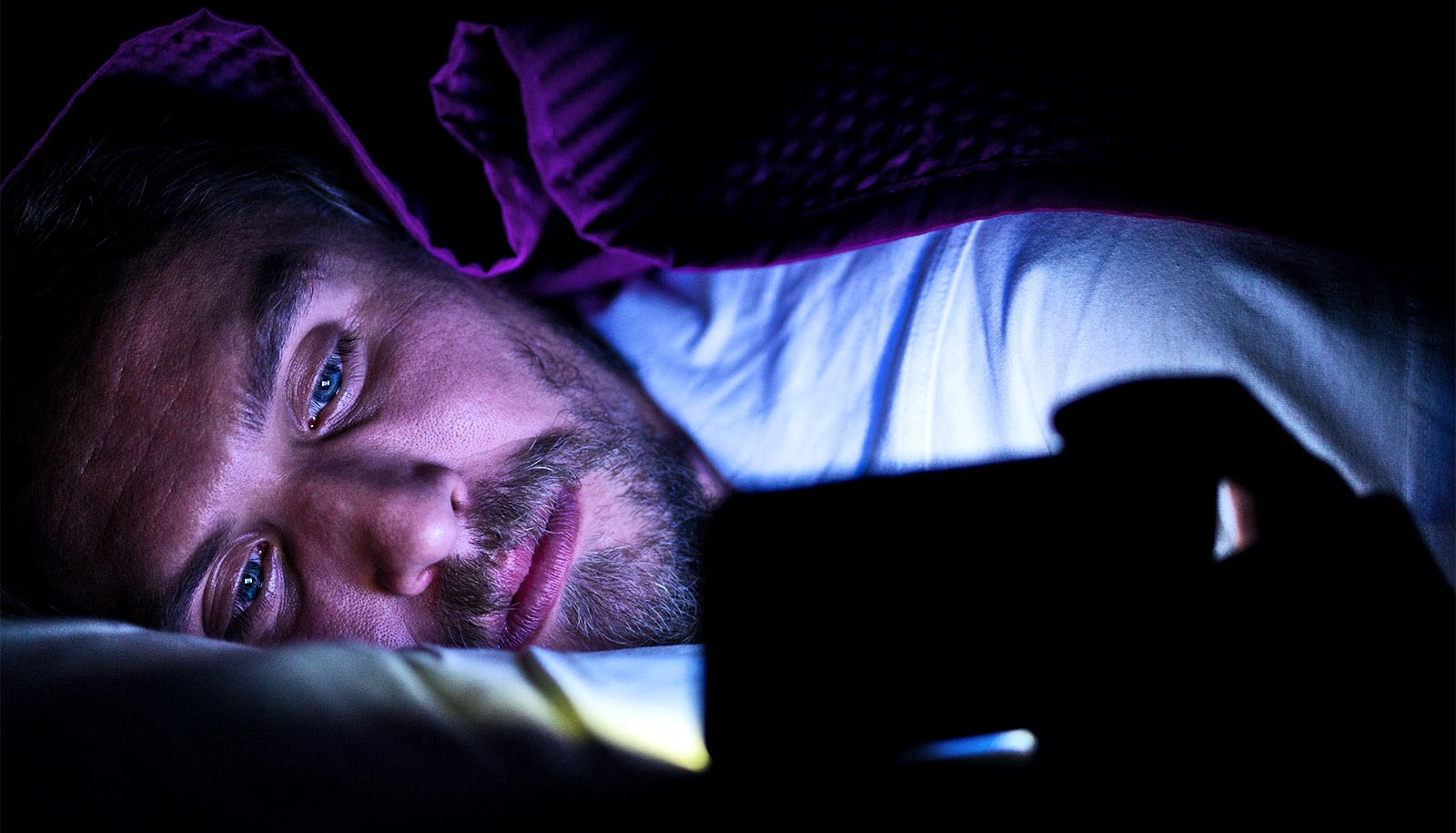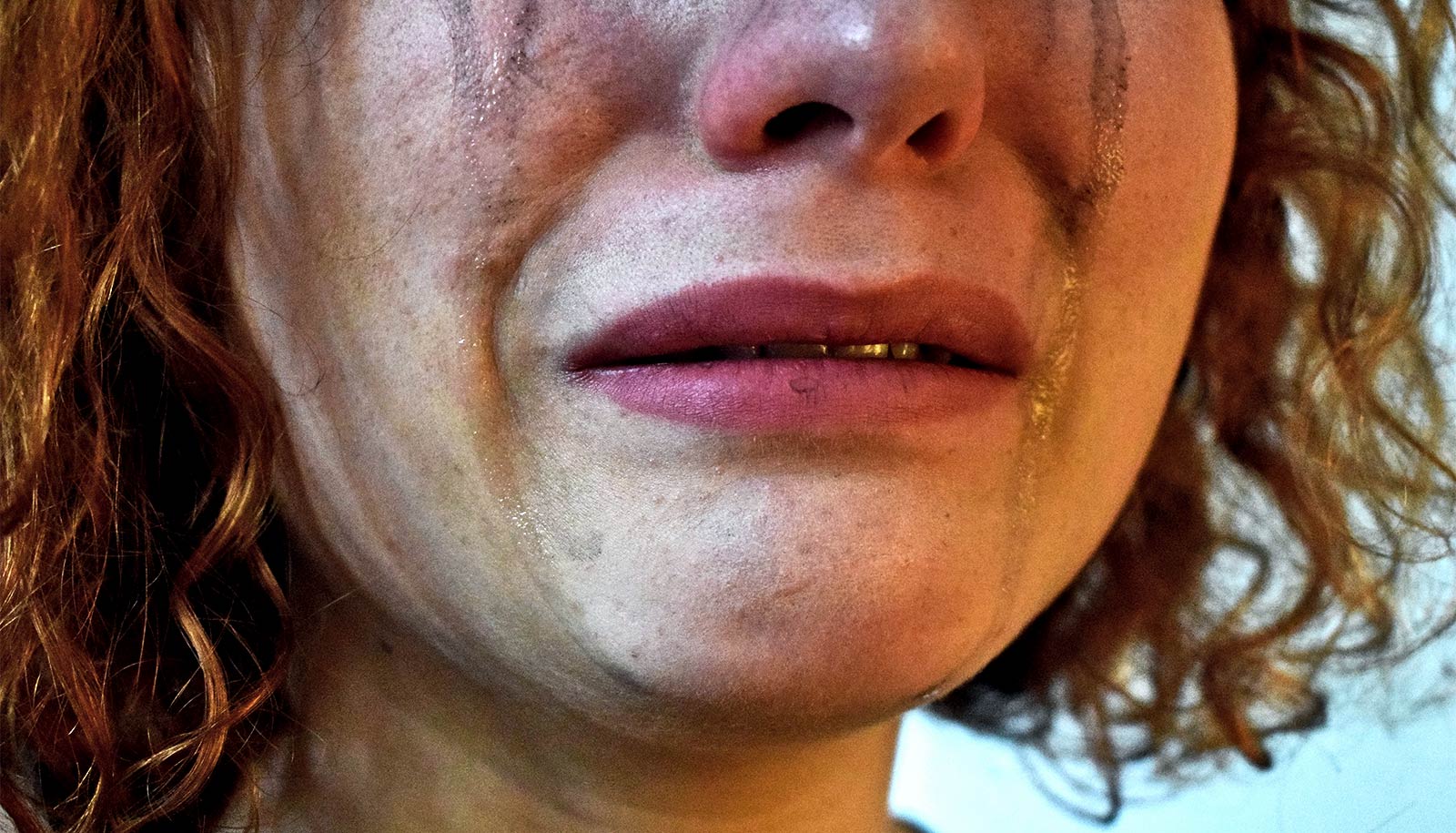Sleep loss that often follows the death of a spouse can have a negative long-term impact on the health of the widowed spouse, according to new research.
“We already know from existing research that widowed spouses are at greater risk of heart problems or death, especially in the months following the loss of their partner,” says Lydia Wu, a psychology graduate student at Rice University and lead author of the paper, set to appear in the journal Comprehensive Psychoneuroendocrinology.
“We also know that death of a spouse can dramatically affect sleep quality of surviving loved ones. We wanted to see whether changes in sleep were linked to changes in immune health in surviving partners.”
The researchers examined bloodwork and questionnaires evaluating sleep quality, health, and demographic information three and six months after the death of spouses from 106 study participants.
They found a significant link between increased sleep disruption and increased levels of bodily inflammation (confirmed by the presence of pro-inflammatory cytokines in the bloodstream).
They also found that the immune health of less educated people was more sensitive to changes in sleep quality than those with higher levels of education. In addition, surviving spouses with less education showed greater volatility in inflammation levels when sleep quality worsened or improved than those with more education. Inflammation is a key player in the development of many age-related diseases, including cardiovascular disease.
“We are finding again and again that sleep quality plays a major role in a person’s health,” says Christopher Fagundes, associate professor of psychology and principal investigator for the Biobehavioral Mechanisms Explaining Disparities (BMED) lab at Rice.
“This study adds to existing research showing that socioeconomic differences can exacerbate the health risks of grieving individuals.”
The researchers hope the study results will lead to the creation of interventions to help improve the sleep and therefore the health of surviving spouses.
Source: Rice University


